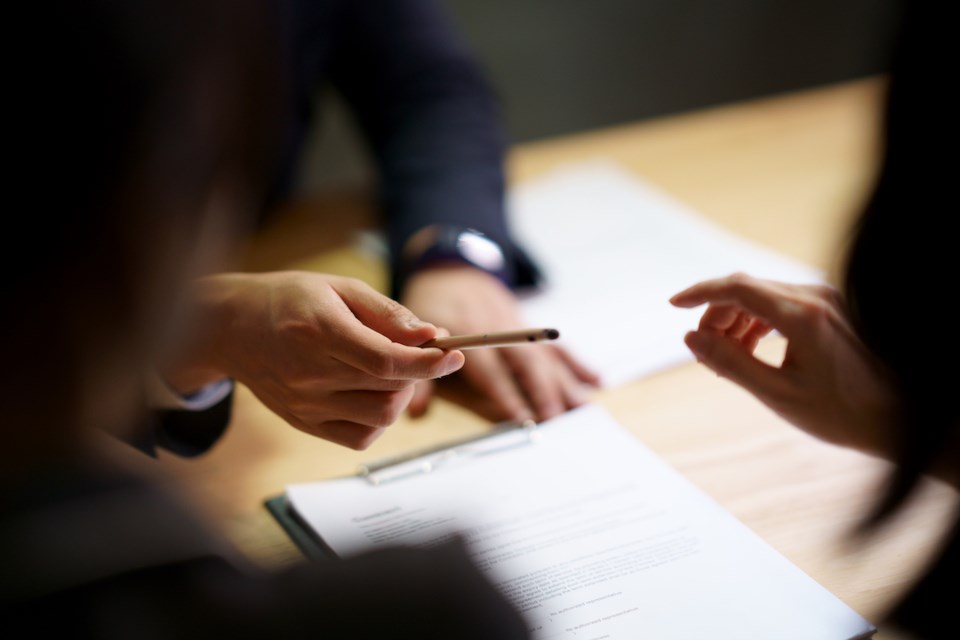Q: What legal services can you tell me about that are Indigenous-specific?
A: There are some specific legal resources and tools that are out there to support those who self-identify as First Nations, Métis, and Inuit.
In last week’s column I said I’d talk about these. Today I’m actually going to stick solely to talking about Gladue Services, which merit a column of their own.
Gladue Services are accessed under the umbrella of a valuable organization called the BC First Nations Justice Council (www.bcfnjc.com ), which not only coordinates key legal services for Indigenous folks, but whose advocacy is working to transform the justice system and create better outcomes for Indigenous people.
People who self-identify as First Nations, Métis and Inuit have what are called “Gladue rights.”
Gladue rights apply if you live off or on a reserve as well as in an Indigenous or in a non-Indigenous community.
On the Aboriginal Legal Aid BC website, there is a clear description of how “Gladue Rights” came about: “In 1999 in a case called Gladue, the Supreme Court of Canada said that colonialism creates challenges for many Indigenous people, and they are more likely to be sent to jail. The criminal justice system failed Indigenous people. Gladue principles try to address these failures and make sure judges don’t repeat the same mistakes that add to discrimination.”
The BCFNJC website explains how these Gladue rights, and principles mean that folks self-identifying as Indigenous can have a Gladue report prepared that gives the court a complete picture of their life (timeline of events and experiences) and their unique background factors or “Gladue factors.” The website says that a Gladue report will list the possible causes of an offence cycle and set out a customized healing and restorative justice plan made with you, for you.
You have Gladue rights no matter your charge, or the level of court you are appearing in.
The website states that “The goal of the Gladue report is to increase rehabilitation, prevent future offences, promote community safety and prevent victimization (people being harmed).”
Gladue reports are written by neutral people, independent from the courts, who are trained to do these reports. Common factors taken into account include (but are not limited to): impacts of colonialism; feelings of loneliness, abandonment, dislocation from culture, community, and family; loss of access to ceremonies and healing practices; racism and systemic discrimination; housing shortages and homelessness; foster care, adoption, 60s scoop; missing and murdered Indigenous women and girls; lower education levels or irrelevance of education; lower-level employment, unemployment, and poverty; mental health and so much more.
If you think a Gladue report is something you, or someone you know would like to have prepared, contact: Gladue Services Coordinator Mykayla Riley at the BCFNJC - 778-940-3585, [email protected] . You can also start the process to request a report via the website: bcfnjc.com/information-for-the-public. Scroll down to the middle of the page and there is a brown button you can click, that takes you to a brief contact form to fill out. Someone will get back to you within 72 hours of making a request.
As always, if you’re looking to find out more about this topic or others, get in touch with us here at the Resource Centre (contact info below) to book an appointment and we are happy to help guide or direct you to the information about Gladue services or otherwise.
Angie Theilmann is an information and referral specialist at the Sunshine Coast Resource Centre, your community information hub. The Resource Centre is open Monday to Thursday 10 a.m. to 3:30 p.m. Appointments are recommended to be sure we are available to help you. Contact us: [email protected] or 604-885-4088.



